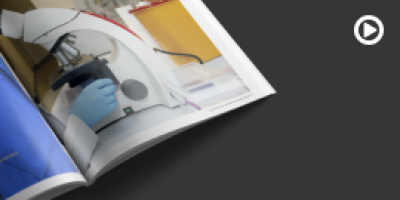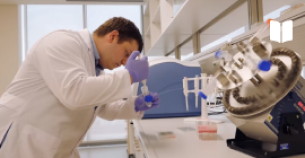Department of Toxicology
According to Paracelsus (1493-1541), an important founder of modern medicine, “All substances are poisons; there is nothing non-poisonous. It is the right dose that distinguishes the drug from the poison.” In this context, toxicology is defined as "science of poisons" in the history of pharmacy. Over time, the definition of this science has gained a broader dimension with the increasing awareness and curiosity about how various agents harm people and other organisms. Today, toxicology is described in a more descriptive way as "investigation of the negative effects of chemical, physical or biological agents on living organisms and ecosystem" and has become a comprehensive branch of science in developing "treatment methods for the prevention and improvement of undesirable effects." Today, modern toxicology is defined as a study on the unwanted (toxic) effects of chemical and physical agents on biological systems.The most important goal of toxicology is to make interdisciplinary safety assessment and risk management applicable.
Research areas: Biocompatibility tests based on 4R principle, cytotoxicity, carcinogenicity, oxidative damage, AOP (adverse outcome pathway).


